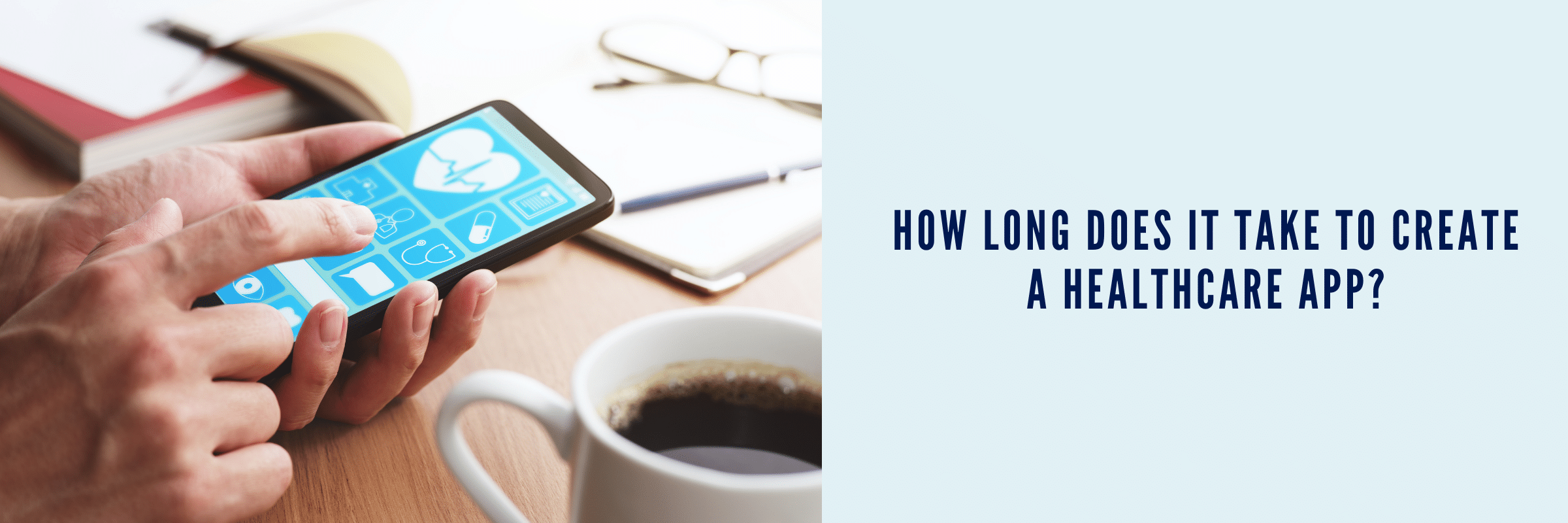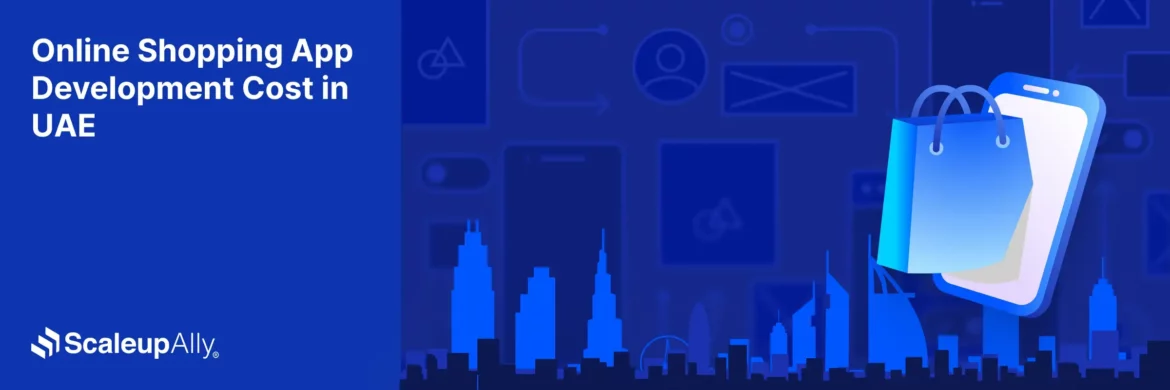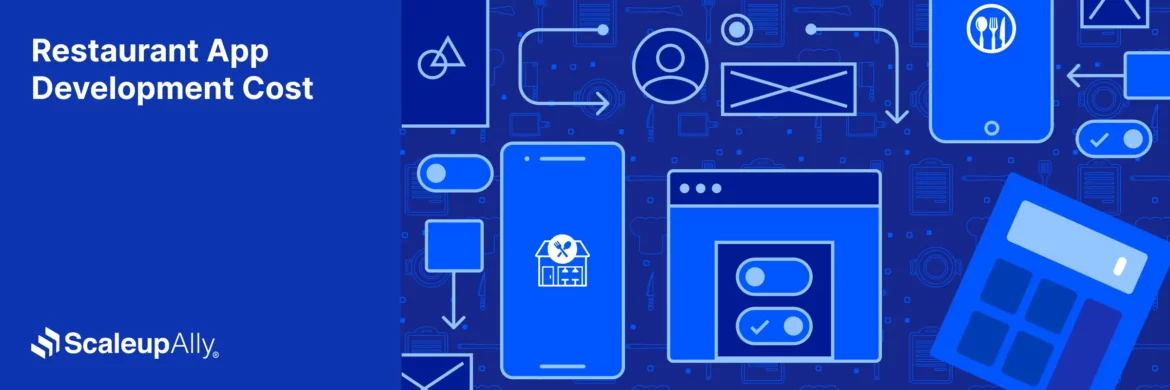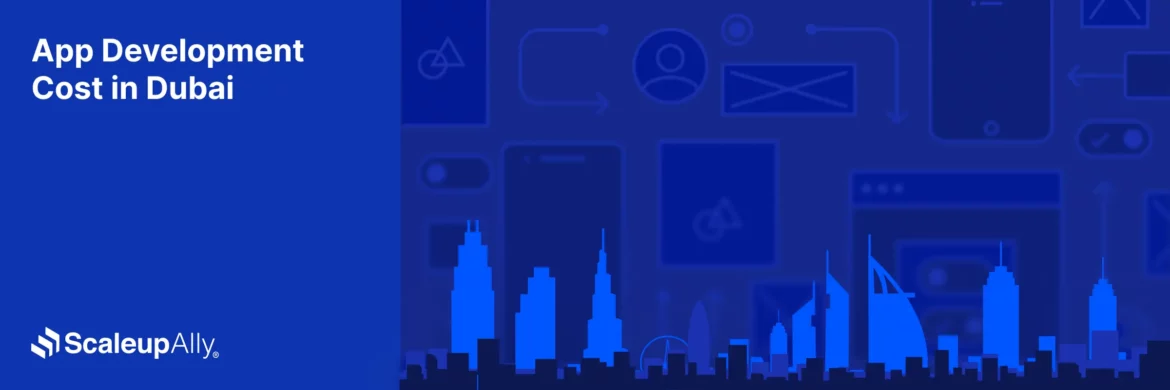
How Long Does It Take to Create a Healthcare App?
Manu Jain | November 23, 2023 , 13 min read
Table Of Content
Are you a healthcare entrepreneur looking to step up your game in the digital world? If so, envisioning a top-notch healthcare app might be on your agenda.
However, creating a healthcare app isn’t an overnight endeavour. The journey to developing an exceptional healthcare application is influenced by various factors – from the complexity of the app to the expertise of your development team.
In this blog, we’ll dissect these factors, offering insights into the average development time for different types of healthcare apps while providing some tips and tricks to expedite the process.
Key Takeaways
- Types of Healthcare Apps: Healthcare apps range from telemedicine and fitness tracking to medication management, chronic disease monitoring, and mental health support, catering to diverse industry needs.
- Factors Influencing Development Time: Development duration depends on app complexity, feature breadth, target platforms (iOS, Android, or cross-platform), and the expertise of the development team.
- Development Timelines: Basic apps take 4-6 months, intermediate apps 6-9 months, and advanced apps with AI and EMR integration may take 12-18 months.
- Time-Saving Strategies: Strategies include defining a clear scope, leveraging reusable components, employing agile methods, using third-party APIs, and focusing on essential features for initial releases.
Overview of Healthcare App Types
- Overview of Healthcare App Types
- Factors that affect the development time of a healthcare app
- Healthcare app development timeline
- How long does it take to develop a healthcare app?
- Case studies
- Tips for reducing development time for healthcare apps
- Frequently Asked Questions
- Other Articles Around Mobile App Development Timelines
Healthcare apps come in various types, catering to different needs within the industry. These types encompass a wide spectrum of functionalities and purposes, such as:
- Telemedicine Apps: Enable remote consultations, allowing patients to connect with healthcare professionals via video calls or messaging for diagnosis, treatment, or advice.
Example: Amwell, Teladoc Health - Health and Fitness Tracking Apps: Focus on monitoring and managing personal health metrics like exercise routines, diet, sleep patterns, and vital signs through wearable devices or smartphone sensors.
Example: Fitbit, MyFitnessPal - Medical Reference and Information Apps: Provide access to medical databases, drug information, symptom checkers, and medical literature, aiding both healthcare professionals and patients in gathering relevant medical information.
Example: WebMD, Ada Health - Appointment Scheduling Apps: Facilitate easy scheduling and management of doctor’s appointments, reducing wait times and improving overall patient experience.
Example: Practo, Doctolib - Medication Management Apps: Assist in medication adherence by providing reminders for dosage schedules, tracking intake, and offering information about prescribed medications.
Example: Medisafe, PillPack by Amazon Pharmacy - Chronic Disease Management Apps: Focus on supporting individuals with chronic conditions by monitoring symptoms, offering educational resources, and facilitating communication with healthcare providers for ongoing care.
Example: Livongo, Omada Health - Mental Health and Wellness Apps: Address mental health concerns by providing tools for meditation, stress management, mood tracking, therapy sessions, and access to mental health professionals.
Example: Headspace, Calm
These categories represent the diverse landscape of healthcare apps, each designed to address specific healthcare needs, improve patient care, and enhance overall well-being.
Factors that affect the development time of a healthcare app
1. App Complexity
The complexity of your healthcare app is a key determinant of development time. A basic healthcare app offering functionalities like appointment scheduling, patient profiles, and basic telemedicine services can typically be developed within 4-6 months.
Conversely, an advanced healthcare app, incorporating intricate features such as AI-driven diagnostics, EMR integration, real-time monitoring, and regulatory compliance, might demand a development timeline of 12-18 months. Understanding the intricacies of your app and prioritising essential features is pivotal in setting realistic timelines.
2. Included Features
The breadth of features integrated into your healthcare app significantly impacts development time. If you aim for a fundamental app with essential functionalities, the development process will be shorter.
However, incorporating additional features like remote patient monitoring, in-app messaging, integration with wearables, and AI-powered decision support systems elongates the development timeline. Defining must-have features and understanding their influence on the overall timeline is crucial for effective planning.
3. Target Platforms
Deciding on the platforms for your healthcare app – be it iOS, Android, or cross-platform – bears a substantial impact on development time. Opting for separate native apps for iOS and Android could prolong the process compared to developing a cross-platform app using frameworks like React Native or Flutter. Assessing your target audience and business requirements is vital in selecting the appropriate platform(s) to avoid unnecessary delays.
4. Development Team’s Expertise
The proficiency and experience of your development team significantly affect the timeline. A skilled and seasoned team navigates the development process efficiently, tackles challenges adeptly, and delivers high-quality results in a shorter duration. Conversely, a less experienced team might encounter delays and hurdles along the way. Choosing a development team with a proven track record in healthcare app development is critical for a smooth and timely process.
Also read: Healthcare App Development Cost
Healthcare app development timeline
The development of a healthcare app is an exciting and impactful venture that holds the potential to revolutionise the way people access medical services. When considering the time taken to build a healthcare app, it’s essential to recognize the intricate nature of the process.
From conceptualization to launch, creating a healthcare app typically takes around 6 to 12 months, depending on the features and complexity involved. It is crucial to understand that each phase of development contributes to the overall quality and functionality of the app, ensuring it meets the highest standards of usability and security.
During the initial stages, thorough research and planning are conducted to define the app’s purpose, target audience, and desired features. The subsequent design and development phases involve meticulous attention to detail, as the user interface, functionality, and integration of healthcare-specific features are refined.
Furthermore, rigorous testing and quality assurance procedures are implemented to guarantee a seamless user experience and compliance with healthcare regulations.
While the timeframe for developing a healthcare app may seem substantial, it is important to emphasise the significance of creating a secure and reliable platform in the medical field.
The potential benefits and positive impact of a well-crafted healthcare app on patient care and accessibility make the time investment truly worthwhile.
By staying committed to the development timeline and leveraging the expertise of experienced professionals, you can bring a valuable healthcare app to fruition and contribute to enhancing healthcare delivery for countless individuals.
How long does it take to develop a healthcare app?
Creating a healthcare app involves varying complexities that affect the development duration. The timeline largely depends on the app’s sophistication, ranging from basic functionalities to intricate systems. Here are estimated timelines for different levels of healthcare app development:
1. Basic Healthcare App – 4-6 Months
A basic healthcare app typically encompasses features such as appointment scheduling, patient profiles, basic telemedicine services, and perhaps simple prescription management. With a clear scope and a focused approach, such an app can be developed within 4-6 months, ensuring fundamental functionalities for your users.
2. Intermediate Healthcare App: 6-9 Months
An intermediate healthcare app involves more sophisticated features like remote patient monitoring, in-app messaging, EMR integration, and AI-powered decision support. The development time for an intermediate app might range from 6-9 months, considering the intricacies involved in implementing these advanced functionalities.
3. Advanced Healthcare App: 12-18 Months
An advanced healthcare app demands extensive customization, integration with complex systems (EMRs, IoT devices), AI-driven diagnostics, real-time monitoring, and stringent regulatory compliance. Developing such a comprehensive app might require 12-18 months, allowing ample time for thorough testing, optimization, and ensuring regulatory adherence.
| App Type | Examples | Android | iOS | Cross-Platform |
| Basic Healthcare App | 1. Appointment Scheduling App
2. Medication Reminder App |
2-3 Months | 2-3 Months | 3-4 Months |
| Intermediate Healthcare App | 1. Telemedicine App
2. Mental Health App |
3-5 Months | 3-5 Months | 4-6 Months |
| Advanced Healthcare App | 1. Customised EMR Integration App
2. Real-time monitoring App 3. Medicine delivery App |
6-9 Months | 6-9 Months | 8-12 Months |
Case studies
1. Medkart’s Transformation
Overview:
Medkart, an Indian e-commerce platform, sought improvements in user experience and backend efficiency. Partnering with ScaleupAlly, they aimed to revamp their platform.
Challenges:
- Limited user-friendliness and backend performance.
- Solution:
- ScaleupAlly’s Agile approach brought iterative enhancements. Features like a chatbot, medicine reminder, and refined search were added. Backend was optimised on AWS, boosting speed and reliability.
Results:
- Enhanced user engagement and retention.
- Improved platform performance and reliability.
- Medkart gained trust as a provider of affordable healthcare products.
- Significant market growth and increased funding.
Conclusion:
Medkart’s collaboration with ScaleupAlly led to a user-focused platform, propelling its reputation as a reliable healthcare provider and driving substantial market growth in India.
Link: https://www.medkart.in/
Read detailed Case Study: https://scaleupally.io/portfolio/medkart-pharmacy-delivery/
2. AUTISM SPORTS CLUB
Overview:
Autism Sports Club, dedicated to enhancing the well-being of individuals on the Autism Spectrum, partnered with ScaleupAlly for a mobile app solution.
Solution:
- ScaleupAlly developed user-friendly Android and iOS apps catering to the specific needs of individuals with autism.
- Users can find and join sports clubs, schedule therapy sessions, and make secure payments through Stripe Connect.
- Utilised Flutter for cross-platform development, NodeJs for backend, Mongo DB for the database, and AWS for hosting.
Results:
- Expanded reach and improved well-being for individuals with Autism Spectrum Disorders.
- Positive reception within the autism community, aiding the club’s growth.
- Convenient access for users to connect with therapists, coaches, and sports clubs.
Conclusion:
ScaleupAlly’s tech-driven approach delivered an accessible mobile app that expanded Autism Sports Club’s reach, fostering connections and enhancing the well-being of individuals on the autism spectrum.
Read detailed Case Study: https://scaleupally.io/portfolio/autism-sports-club/
Tips for reducing development time for healthcare apps
Reducing the development time for healthcare apps requires a strategic approach that maximises efficiency without compromising on quality or functionality. Here are some valuable tips to streamline the healthcare app development process:
- Thorough Planning and Clear Scope Definition: Invest time upfront in comprehensive planning. Clearly define the app’s scope, features, and functionalities. A well-defined roadmap helps in avoiding unnecessary iterations and delays during development.
- Agile Methodology Implementation: Adopt an agile development approach to break down the project into smaller, manageable tasks. This enables continuous feedback, quick adjustments, and faster iterations, ensuring steady progress throughout the development cycle.
- Reusable Components and Frameworks: Leverage existing frameworks, libraries, and reusable components. Utilising pre-built solutions not only saves time but also ensures reliability and consistency in the app’s functionality.
- Parallel Development and Team Collaboration: Encourage parallel development of different app modules by various teams or team members. Facilitate seamless collaboration and communication among designers, developers, and testers to minimise downtime and streamline the workflow.
- Automated Testing and Continuous Integration: Implement automated testing and continuous integration practices. Automated tests help identify and rectify issues early in the development phase, ensuring a smoother and faster development cycle.
- Third-Party Integrations with APIs: Utilise third-party APIs for functionalities like payment gateways, location services, or authentication. Integration through APIs saves development time by leveraging pre-existing, reliable solutions.
- Prioritise Essential Features First: Focus on developing core functionalities essential for the app’s basic functionality and user experience. Additional features can be added in subsequent updates, minimising initial development time.
- Regular Review and Optimization: Conduct regular reviews and optimizations during the development process. Identify bottlenecks or areas needing improvement early on to address them promptly and avoid potential delays.
By implementing these strategies, healthcare app developers can significantly reduce development time while ensuring the creation of a high-quality, efficient, and user-centric application for the healthcare industry.
Frequently Asked Questions
Q: How do I ensure data security in a healthcare app?
Implement robust security measures such as encryption, secure authentication, HIPAA compliance (if in the US), and regular security audits to safeguard sensitive patient information.
Q: Can I use AI in my healthcare app, and how does it affect development time?
Yes, integrating AI features like decision support, diagnostics, or predictive analytics can extend development time due to the complexity involved in training and implementing AI algorithms.
Q: What are the key challenges in healthcare app development?
Key challenges include ensuring regulatory compliance, data security, interoperability with existing healthcare systems, and maintaining a user-friendly interface.
Q: What is the estimated cost of developing a healthcare app?
The cost can vary significantly based on complexity and features. A basic healthcare app might cost tens of thousands, while more complex apps can exceed six figures.
Other Articles Around Mobile App Development Timelines
Related Blogs

Online Shopping App Development Cost in UAE | Pricing & Factors Explained
Understand UAE online shopping app development costs in 2025 with pricing ranges, influencing factors, hidden fees, timeframes, and expert savings tips.
Suprabhat Sen
Nov 29 ,
13 min read

Restaurant App Development Cost [Breakdown, Key Factors & Pricing Explained]
Discover restaurant app development cost. Explore pricing by complexity, feature-wise cost breakdown, and smart ways to reduce expenses.
Suprabhat Sen
Nov 29 ,
11 min read

App Development Cost in Dubai: Detailed Pricing Breakdown & Cost Factors
Discover app development cost in Dubai — staged price breakdown by app type, key cost drivers, hidden fees, and tips to lower your project spend.
Suprabhat Sen
Nov 29 ,
12 min read



